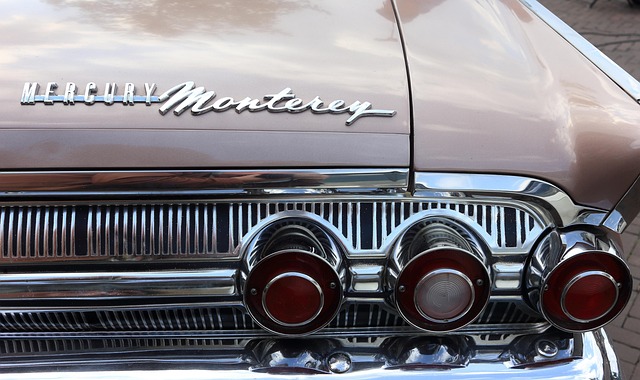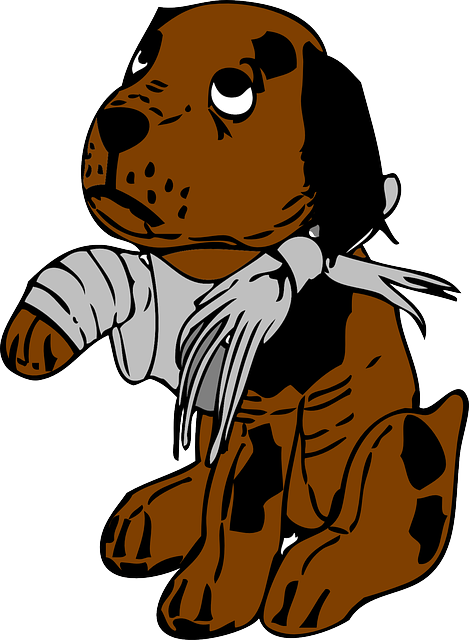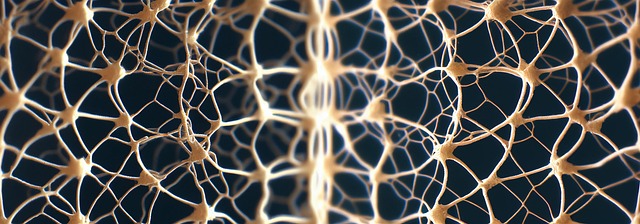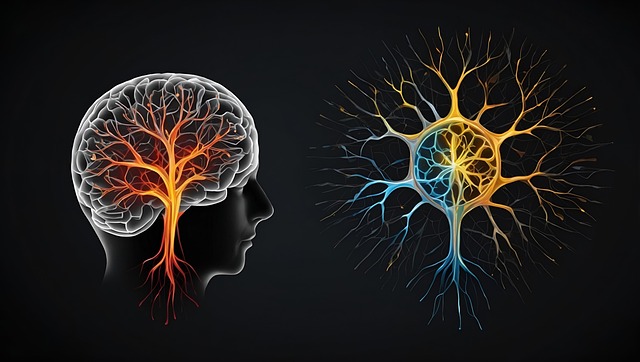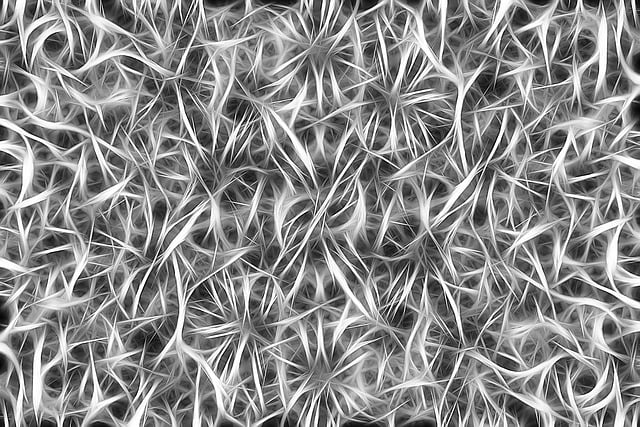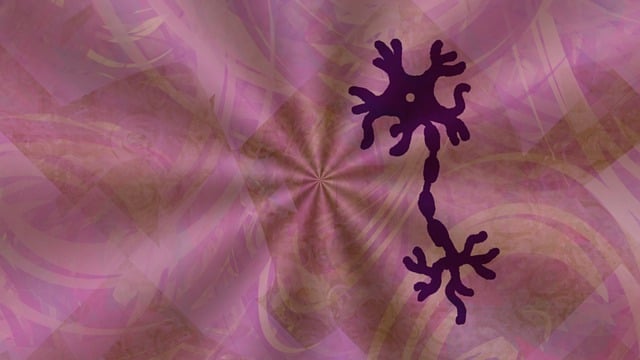After a crash, individuals often experience tingling and numbness due to pinched nerves caused by compressed nerve roots. Chiropractors provide crucial, non-invasive treatment options through spinal manipulation and targeted exercises to alleviate compression, reduce inflammation, and restore alignment. Post-adjustment, comprehensive plans including physical therapy, medication, stretching, ice/heat packs, and good posture are recommended for effective management of symptoms and faster recovery for pinched nerves post-accident.
Experiencing tingling or numbness after a crash? It might be due to a pinched nerve, a common issue that arises from trauma or sudden movements. This article delves into understanding pinched nerves, their causes, and exploring effective treatments like chiropractic care. We’ll guide you through additional therapies and self-care measures to alleviate symptoms associated with this condition. If you’re seeking a treatment for pinched nerves after a crash with a chiropractor, read on to learn more about your options.
- Understanding Pinched Nerves and Their Causes Following a Crash
- Chiropractic Care as a Potential Treatment for Numbness and Tingling
- Additional Therapies and Self-Care Measures to Alleviate Symptoms
Understanding Pinched Nerves and Their Causes Following a Crash
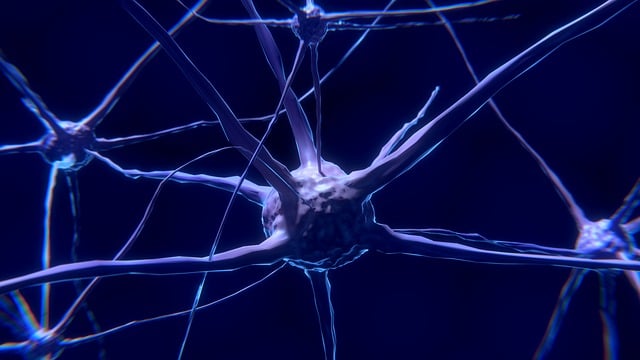
After a crash, whether in a car or during an athletic event, individuals often experience discomfort and symptoms like tingling and numbness due to pinched nerves. Understanding what causes this issue is the first step towards effective treatment. Pinched nerves occur when a nerve root becomes compressed or entrapped within the body’s soft tissues, typically as a result of sudden impact or trauma. In the context of a crash, bones, muscles, and ligaments can shift or sprain, putting pressure on nearby nerves. This compression can disrupt nerve signals traveling to and from the affected area, leading to sensations like tingling, numbness, or burning pain.
Seeking professional help is crucial for managing pinched nerves after a crash. A chiropractor, with their expertise in musculoskeletal adjustments, offers a safe and effective treatment option. The goal of chiropractic care in these cases is to alleviate nerve compression, reduce inflammation, and restore proper alignment. Chiropractors employ various techniques, including spinal manipulation and targeted exercises, to help relieve pressure on entrapped nerves. This non-invasive approach not only provides immediate relief but also aids in the body’s natural healing process, promoting faster recovery and improved mobility after a crash.
Chiropractic Care as a Potential Treatment for Numbness and Tingling
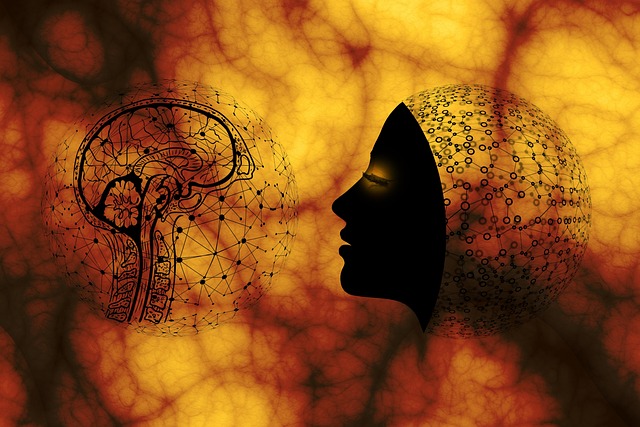
Chiropractic care has emerged as a potential treatment option for those experiencing numbness and tingling due to a pinched nerve, especially after an accident or impact event like a crash. Chiropractors focus on the diagnosis and manipulation of the musculoskeletal system, with a particular interest in the spine and its surrounding nerves. They believe that misalignments or subluxations in the spine can put pressure on nearby nerves, leading to symptoms such as tingling and numbness.
For individuals seeking a non-invasive treatment for pinched nerves after a crash, chiropractic care offers a promising path. Through various techniques, including spinal adjustments and joint manipulation, chiropractors aim to alleviate nerve compression and restore proper nerve function. This holistic approach not only addresses the immediate symptoms but also works towards preventing long-term issues by improving overall spinal health and mobility.
Additional Therapies and Self-Care Measures to Alleviate Symptoms

After a successful chiropractic adjustment, many individuals seek additional therapies and self-care measures to further alleviate symptoms associated with pinched nerves, especially following an accident or impact like a crash. Physical therapy is often recommended, focusing on exercises that enhance flexibility and strengthen muscles around the affected area, promoting better posture and reducing tension.
Additionally, over-the-counter pain medications can be utilized as part of a comprehensive treatment plan for pinched nerves after a crash with a chiropractor. Incorporating anti-inflammatory drugs into your routine may help reduce swelling and numb any persistent pain. Self-care practices such as regular stretching, applying ice or heat packs, and maintaining proper posture while sitting and standing are also beneficial in managing symptoms and supporting the healing process.
After a crash, tingling and numbness caused by a pinched nerve can significantly impact one’s life. Chiropractic care offers a promising treatment option, focusing on adjusting the spine to relieve pressure on affected nerves. Additionally, combining this approach with other therapies and self-care measures like ice packs, rest, and physical exercises can provide comprehensive relief. When seeking a solution for pinched nerves post-crash, considering chiropractic care as part of your wellness regimen is a sensible step towards regaining mobility and comfort.




